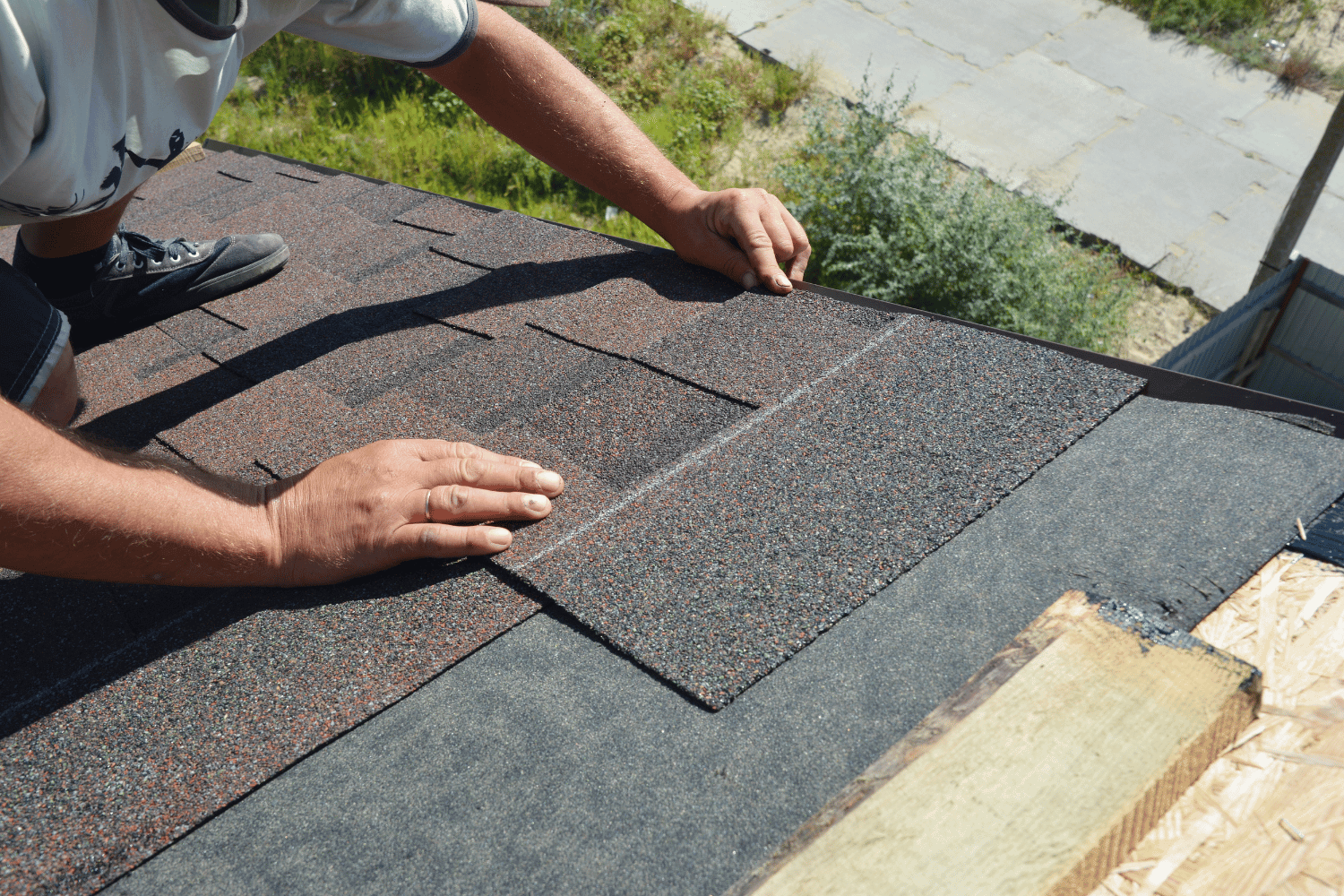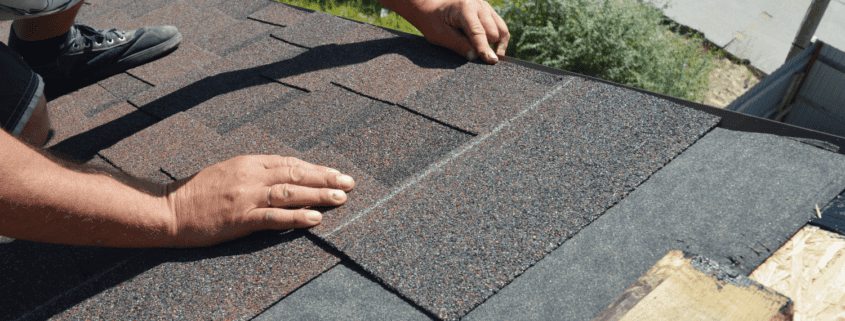Is Your Basement Ready for Winter? Key Signs Northern Indiana and Southern Michigan Homes Shouldn’t Ignore
Is Your Basement Ready for Winter? Key Signs Northern Indiana and Southern Michigan Homes Shouldn’t Ignore
Winters across Northern Indiana and Southern Michigan can be relentless. And if your basement isn’t ready, the damage can come fast. Between melting snow, freeze-thaw cycles, and damp air settling in for months, even small signs of moisture can escalate into costly repairs or structural issues. Whether you live in South Bend or anywhere across the Michiana area, now is the time to take a closer look below ground.
In this guide, we’ll walk through the most important signs your basement needs waterproofing before winter—and the steps you can take right now to protect your home’s foundation, health, and long-term value.
Let’s start with the warning signs you shouldn’t ignore.
Key Takeaways
- Basement moisture during Indiana winters often starts with small signs like water stains, peeling paint, and musty odors.
- Cracks, pooling snow, or a sump pump that runs too often may mean your foundation is at risk.
- Taking early steps like sealing cracks, upgrading pumps, and waterproofing walls can prevent costly damage to your house.
- Free inspections from A&M Home Services help Northern Indiana and Southern Michigan homeowners stay safe, dry, and protected all winter long.
Water Stains on Walls or Floors

If you’re seeing brown streaks or darkened concrete in your Plymouth or Granger basement, those water stains are not cosmetic. They’re early signs your basement needs waterproofing before winter. As snow melts and refreezes during Indiana’s freeze-thaw cycle, hydrostatic pressure builds up around your basement walls.
These stains are often the first indication of water intrusion before full-force basement flooding occurs, especially in damp basements with poor drainage history.
Peeling Paint and Damp Spots
Peeling paint on walls or bubbling along basement floors often reveals deeper issues related to moisture and dampness. These symptoms signal that your waterproof coating may no longer be effective.
In homes throughout Fort Wayne and Mishawaka, trapped rainwater and melting snow can seep through tiny gaps or cracks, resulting in damp spots that jeopardize your home’s foundation and may eventually lead to significant water damage if left untreated.
Musty Odors and Mildew Growth
Musty odors are a clear warning that moisture has been lingering too long, creating the ideal environment for mildew growth. Damp air promotes mold and mildew, which not only damages surfaces but also presents health risks such as worsening allergies, especially in homes with children or elderly family members.
In basements across Northern Indiana and Southern Michigan, prolonged dampness can compromise air quality, increasing concerns for your family’s health.
Small Cracks in Basement Walls or Floors
Cracks in basement walls or floors are often overlooked until it’s too late. These small cracks can expand as water seeps in and freezes—especially during harsh winter storms in Northern Indiana and Southern Michigan—causing even structural damage.
Leaks that begin in these areas might appear harmless at first, but over time, repeated pressure from the freeze-thaw cycle can severely weaken your home’s foundation.
A Running or Overwhelmed Sump Pump
When a sump pump runs constantly or struggles to keep up, it may be undersized or worn out. This can pose a risk during the winter months when ice melt and seasonal rain hit full force.
For homeowners in Northern Indiana’s flood-prone neighborhoods, ensuring your sump pump is properly installed and maintained is a simple step toward long-term protection against basement flooding and costly repairs.
Signs of Ice Melt or Snow Pooling Near the Foundation
Snow buildup that turns to pooling water around your house is a key red flag.
If your gutters are clogged or improperly angled, water will overflow and saturate the soil surrounding your foundation. This creates pressure on basement walls, especially in areas where rain and snow are frequent.
Over time, water seeping through these weak points can lead to damp basements, water damage early in the season, and future water damage during the spring thaw.
How to Prepare Your Basement for Winter in Northern Indiana and Southern Michigan
When you start noticing early warning signs of moisture or damage in your basement, taking action before the winter months hit full force is crucial. These proactive steps will help protect the foundation, basement walls, and your family’s health—offering long-term protection and peace of mind.
Schedule a Free Winter Waterproofing Inspection
If you’ve noticed any of the signs mentioned, scheduling a basement waterproofing inspection is the first step toward prevention. At A&M Home Services, we serve homeowners across Northern Indiana and Southern Michigan with trusted, community-based solutions.
Our team checks for structural damage, moisture gaps, seeping pipes, and debris buildup, helping you take proactive steps before winter weather causes even greater damage.
Install or Upgrade Your Sump Pump
Upgrading or installing a reliable sump pump system ensures you’re protected when the next storm rolls through.
When combined with backup power and a high-capacity pump, your system can prevent even the worst-case scenarios—protecting your floors, basement walls, and belongings from melting snow or unexpected ice dam leaks.
For homes with a history of drainage issues, especially in basements near hilly terrain, this step is crucial.
Seal Small Cracks with Professional-Grade Sealants
Our team applies industrial-strength waterproof sealants to address small cracks before they expand. These cracks often develop near wall joints, floor transitions, or even beneath windows.
By sealing them early, you eliminate entry points for moisture, protecting your foundation, walls, and floors from long-term damage. This approach reduces risk and avoids costly repairs brought on by neglected gaps during harsh Indiana weather.
Add Exterior Waterproofing or a French Drain System
Installing an exterior waterproofing system or a French drain system around your home helps reroute water away from vulnerable basement areas. These installations are especially effective in neighborhoods across Northern Indiana and Southern Michigan, where the soil tends to retain moisture.
They work in tandem with downspout extensions and gutters to prevent rain and ice melt from building up around your home’s foundation. These solutions are engineered to reduce the risk of future water damage while providing long-term structural protection.
Remove Mold and Apply Waterproof Coatings
When mold growth is already present, removing it quickly is essential for your family’s health. We clean and treat basement surfaces with antimicrobial solutions before applying a new waterproof coating designed to resist mildew growth and moisture penetration.
This dual-layer approach provides lasting defense during wet weather, protecting your basement and restoring peace of mind.
Redirect Roof Runoff with Gutters and Downspout Extensions
Redirecting roof runoff with properly installed gutters and downspouts is one of the simplest ways to reduce risk during the winter months.
By controlling where rain and melting snow flow, you can prevent water from seeping into your basement and affecting your home’s history of structural reliability. Properly sealed and sloped gutters prevent pooling, ice damming, and water intrusion that can weaken even the strongest basement waterproofing systems.
Concerned about signs of water damage or moisture buildup in your basement? Schedule a free basement waterproofing inspection today, and get ahead of Northern Indiana and Southern Michigan’s winter weather.
Frequently Asked Questions
What are the less obvious signs your basement needs waterproofing before winter?
You might notice rising humidity, mineral deposits on walls, or small rust spots on stored tools. These often precede visible water damage and suggest it’s time for professional basement waterproofing before winter.
Why is mold growth in basements dangerous even in colder months?
Basements stay damp during winter, especially with indoor heat. Mold growth can damage stored items like holiday decorations, arts supplies, or clothing, while harming air quality and triggering health issues.
How does basement waterproofing affect your home’s value in today’s world?
Homebuyers understand the importance of dry, secure foundations. A waterproofed basement signals protection from future water damage and reduces concerns about structural repairs, resale risks, and long-term maintenance costs.
Can water damage from snowmelt spread beyond the basement?
Yes. It can reach your home’s foundation, wall framing, or floor systems—especially older slab homes or basketball-court-style basements. Early inspections can prevent more serious repairs later in the season.
 574-318-3326
574-318-3326






